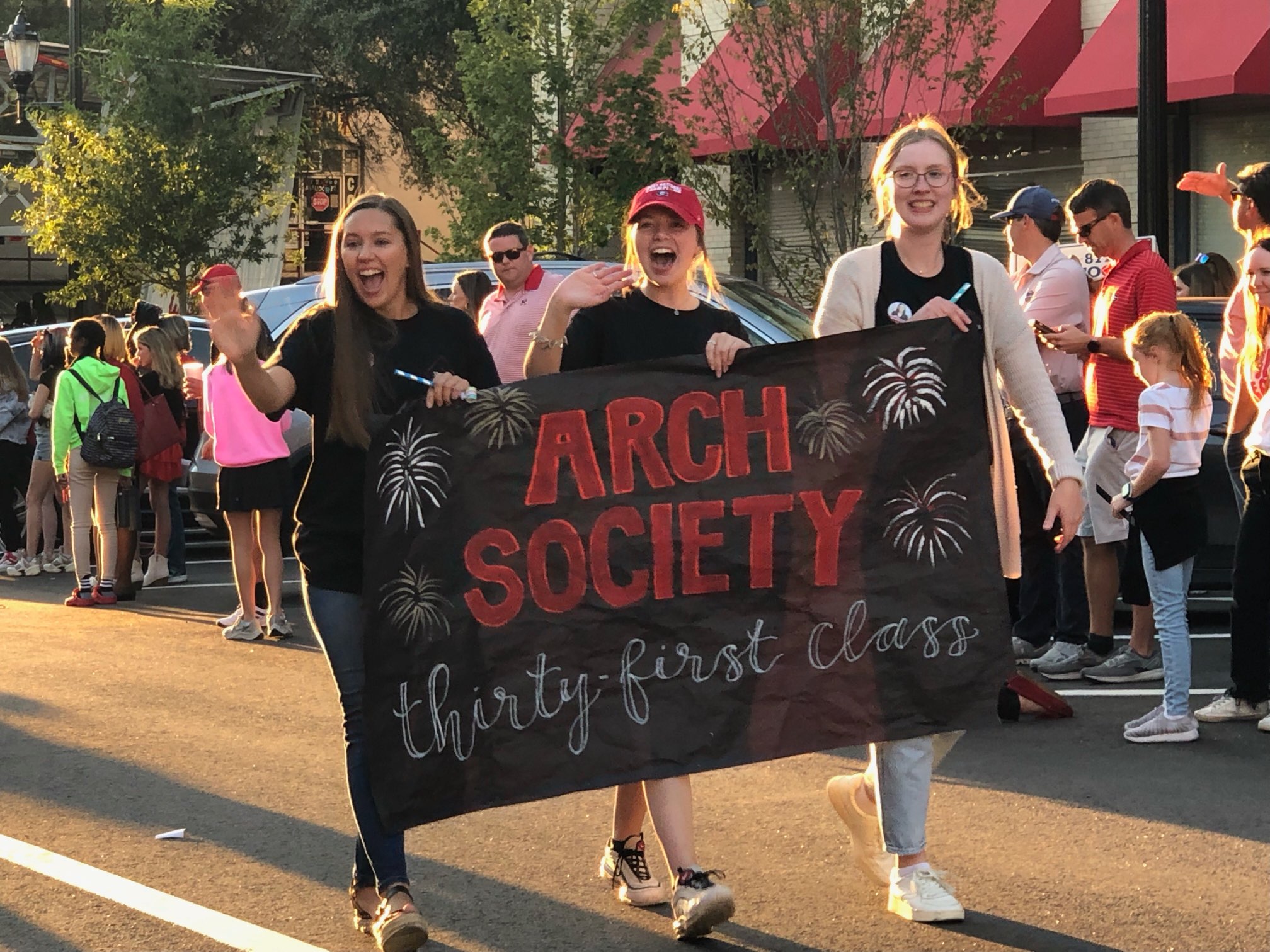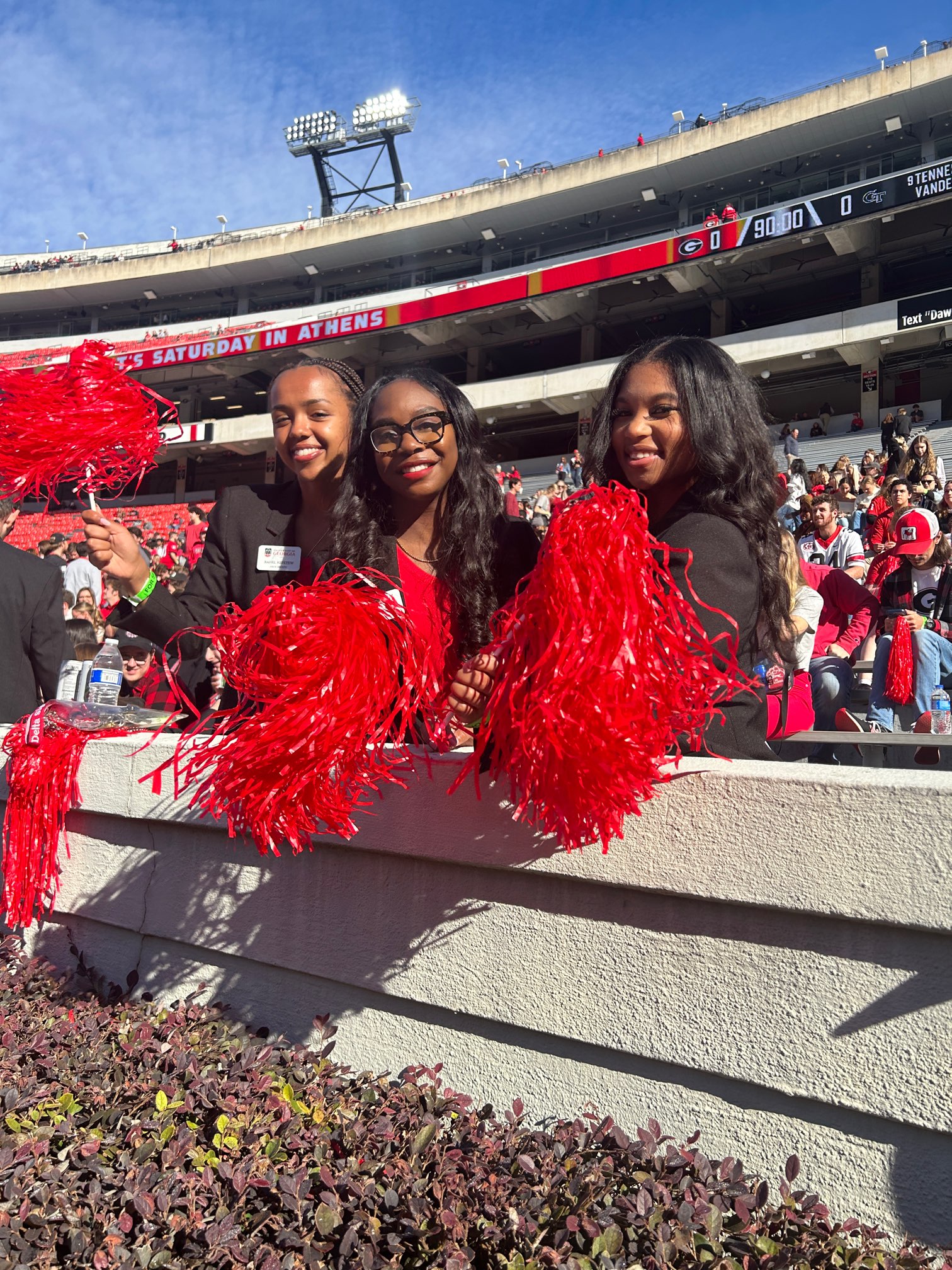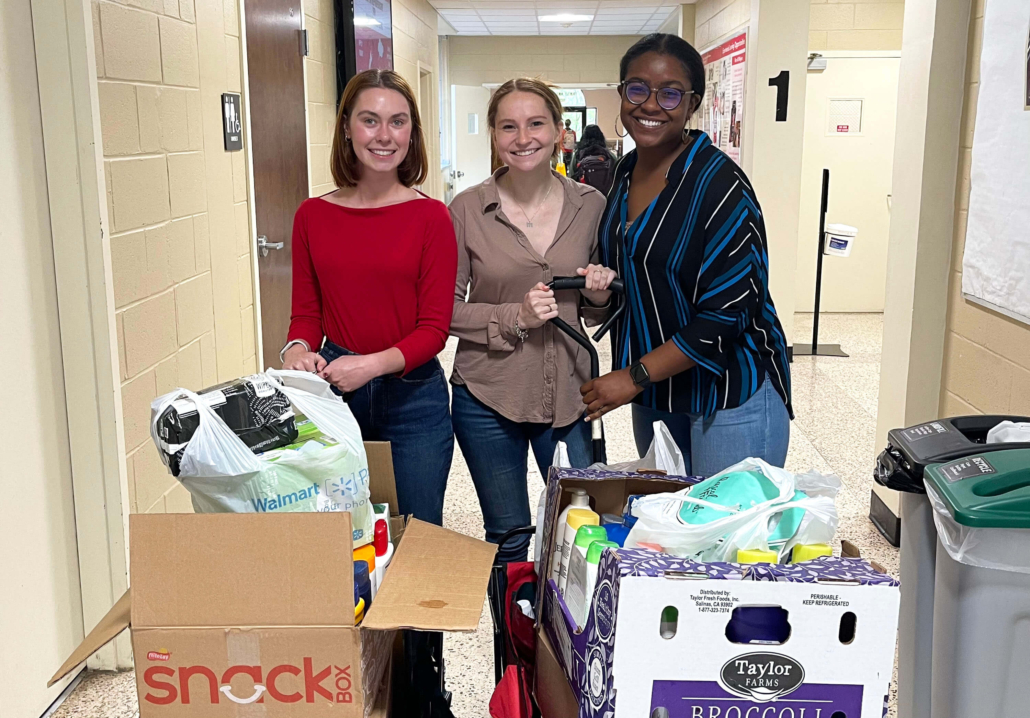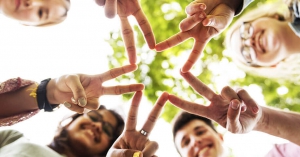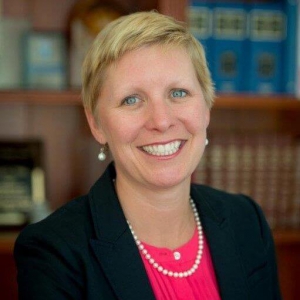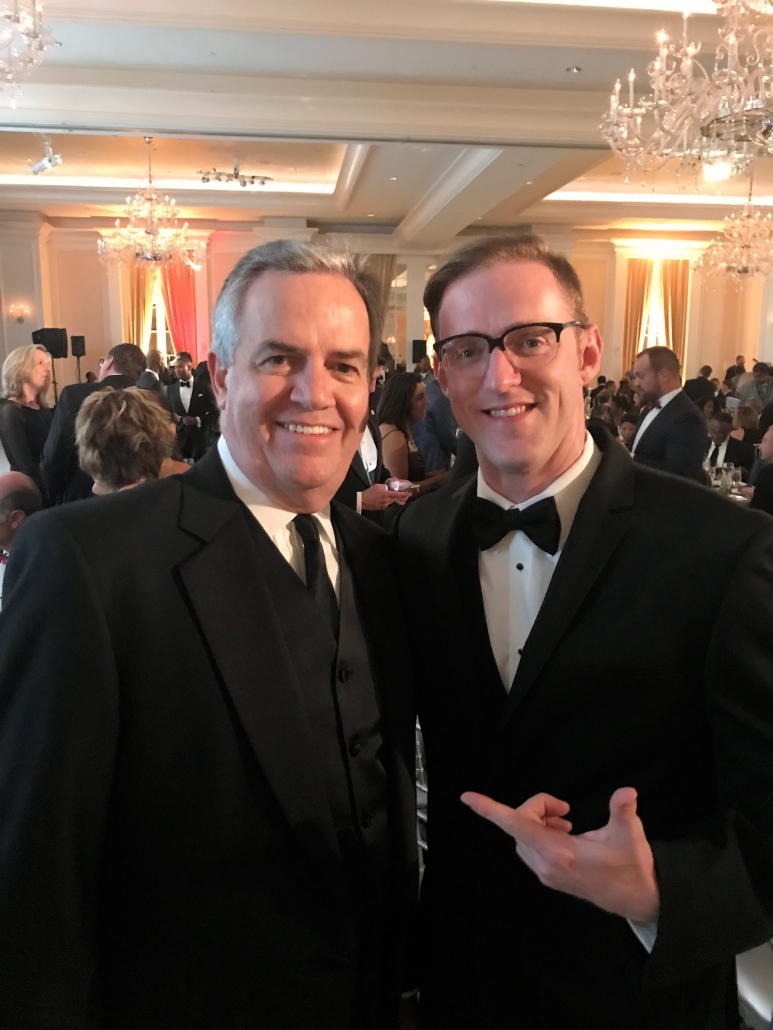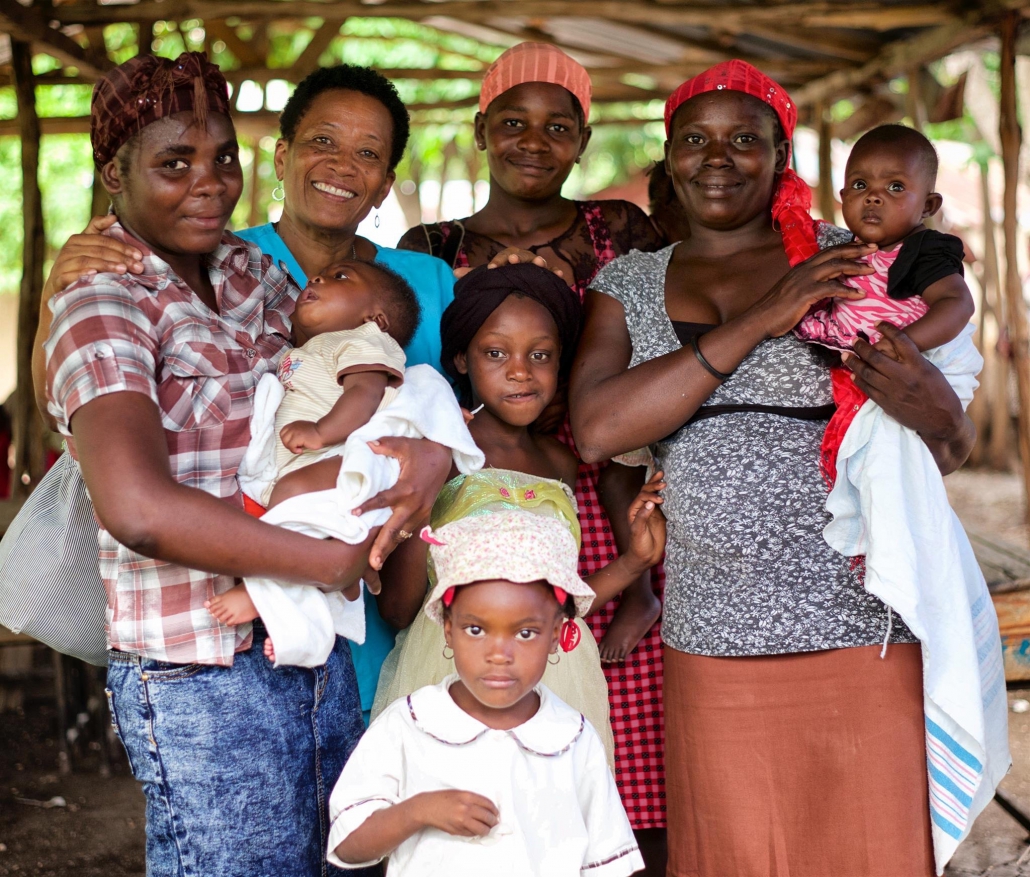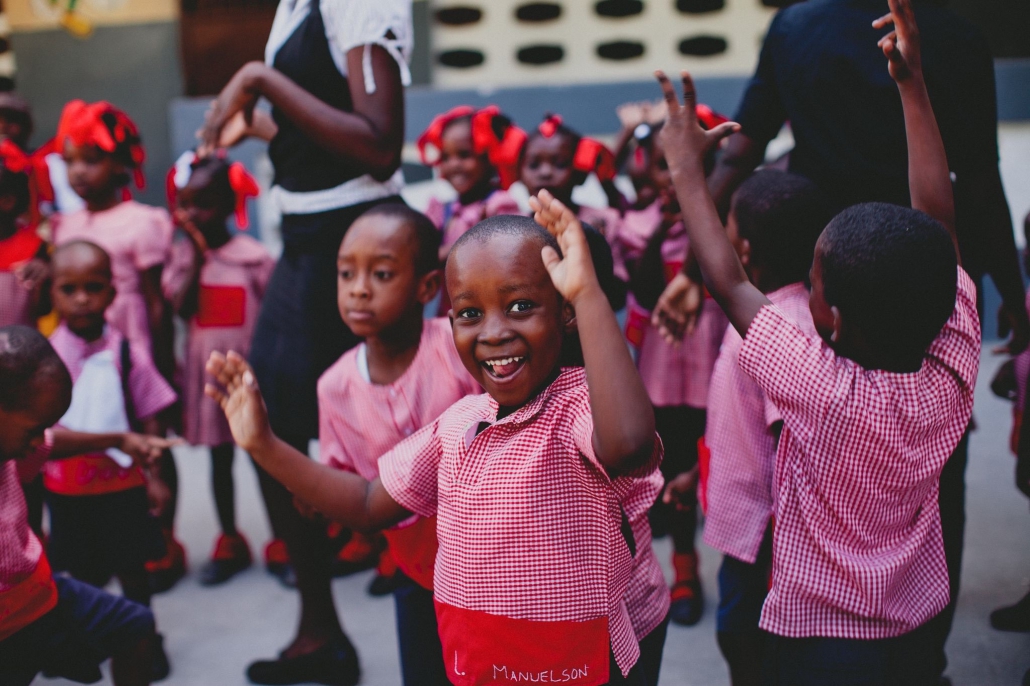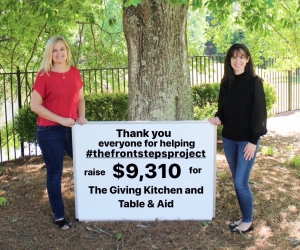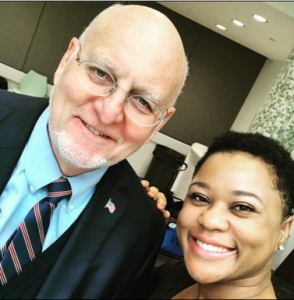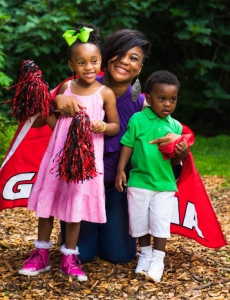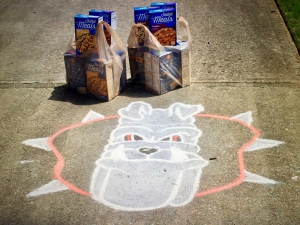A good mentor is simple to find
The UGA Mentor Program offers connection and inspiration to participants in a variety of professional fields, including those who serve or plan to serve in the U.S. Armed Forces.
The ease of finding a mentor with his exact dream job was the first among many pleasant surprises for Cadet Chase Martel ’25 when he first began to use the Mentor Program’s online platform. An ambitious undergraduate in the Terry College of Business, Chase’s expectations were exceeded soon after he first engaged with the program. His professional goal is to become a Judge Advocate General in the United States Air Force, and he thought the likelihood of finding a UGA alum in that career who was also a mentor was low. Enter: a “major” surprise.
“It’s been really impactful to have someone who is working my dream job to offer his perspective and experience by looking back to when he was in my shoes,” Chase describes. “It’s sort of like looking at myself years down the road.”
Major Kevin Mitchell (AB ’05) joined the Mentor Program thinking that if today’s students were anything like he was, a little extra guidance would be helpful as they navigate college and the job market. When Major Mitchell was a first-generation rural student, there were many times that he had a network of people to help him navigate his career path. In the spirit of a true Bulldog, Major Mitchell decided then to pay it forward to the next generation by serving as a UGA mentor.
The mentor-mentee pair mainly meets through Zoom calls and emails given Major Mitchell’s station in Hawaii, but they were able to meet face-to-face when Major Mitchell returned to Athens as one of the UGA Alumni Association’s 40 Under 40 honorees in 2023. The duo met up for coffee and a walk around campus. From Candler Hall, where Major Mitchell studied as a student, to Sanford Stadium, where Chase remembered his experience watching the 2022 College Football Playoff National Championship his freshman year, the pair discussed their respective memories at UGA. Despite being decades apart in age and experience, the two had similar college experiences.

Cadet Martel and Major Mitchell used virtual meetings to overcome time and distance.
A benefit for both
Chase is not the only one who benefited from participation in the mentor program; Major Mitchell did, too.
“Not only does it allow you to provide advice to someone who is passionate about what you do, but it also allows you the space to reflect on the aspects of your job that really fulfill you,” Major Mitchell says.
That reflection is invaluable to professionals who may not initially think they have anything to offer the next generation. “It’s inspiring for me to see someone Chase’s age be so excited and thoughtful about the future,” Major Mitchell describes. “It’s a comforting thought to have Chase as an example of how the next generation will navigate the world.”
“It’s almost like recharging your batteries,” he continues. “It’s energizing to know that what you do matters to people and that the future is in good hands because of it.”
It should come as no surprise then that the two encourage both potential mentors and mentees to try the program for themselves. Even if a potential mentee has a less-than-clear idea of their dream job, the Mentor Program can help mentees receive a practical perspective that may be difficult to access in a classroom. As for potential mentors, it can provide an inspiring and energizing opportunity for reflection.
“I couldn’t ask for a better college or post-grad experience than the one I’ve had with UGA,” Major Mitchell says. “Not just with a successful football team and all the joy that entails, but participating in this program and meeting Chase has been a really meaningful way to stay engaged with the university.”
Whether it’s being a part of Bulldog Nation, or being a part of a greater collective in the armed forces, Major Mitchell and Chase’s experience in UGA’s Mentor Program highlights the importance of connecting with fellow Bulldogs who share your passions and values.

